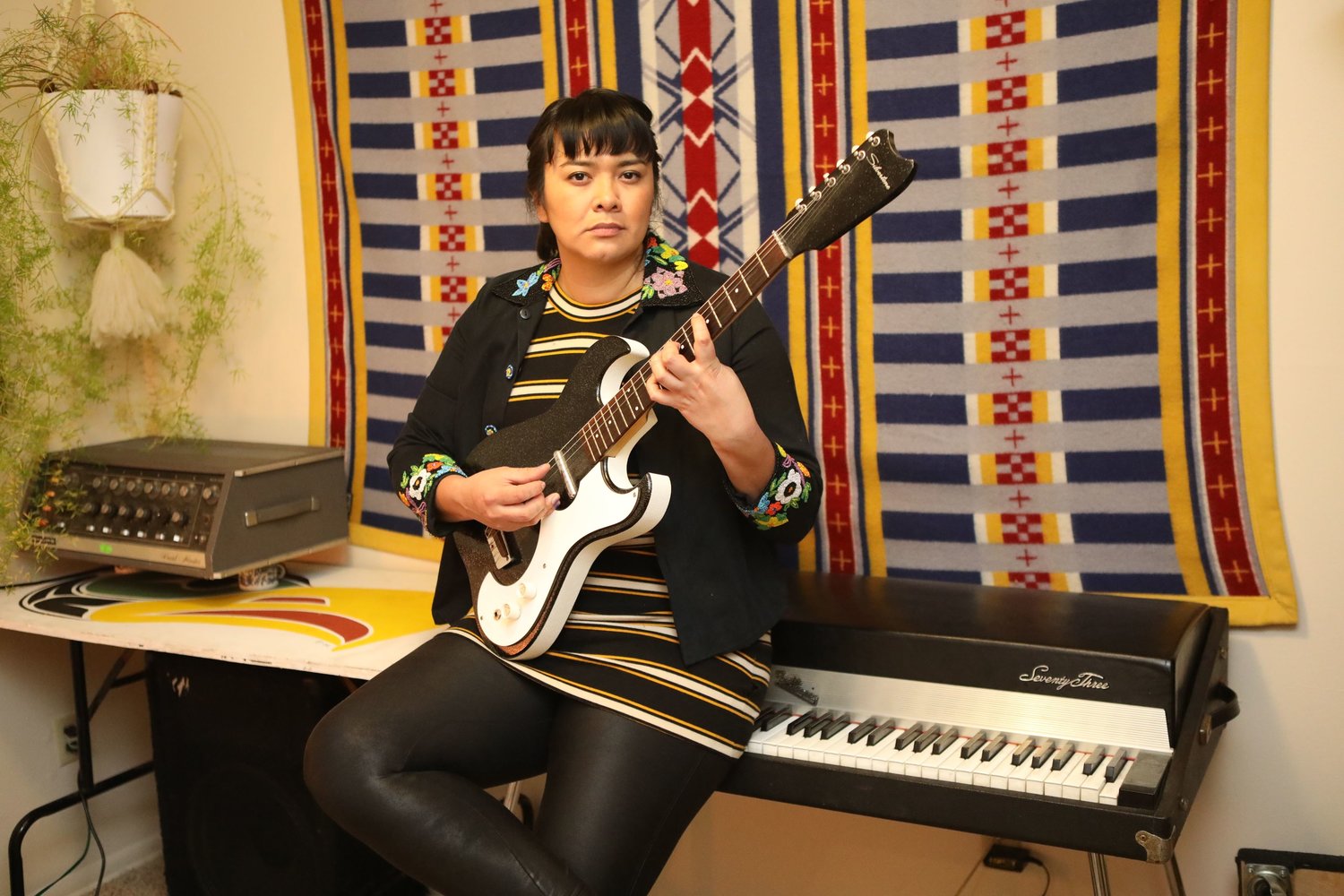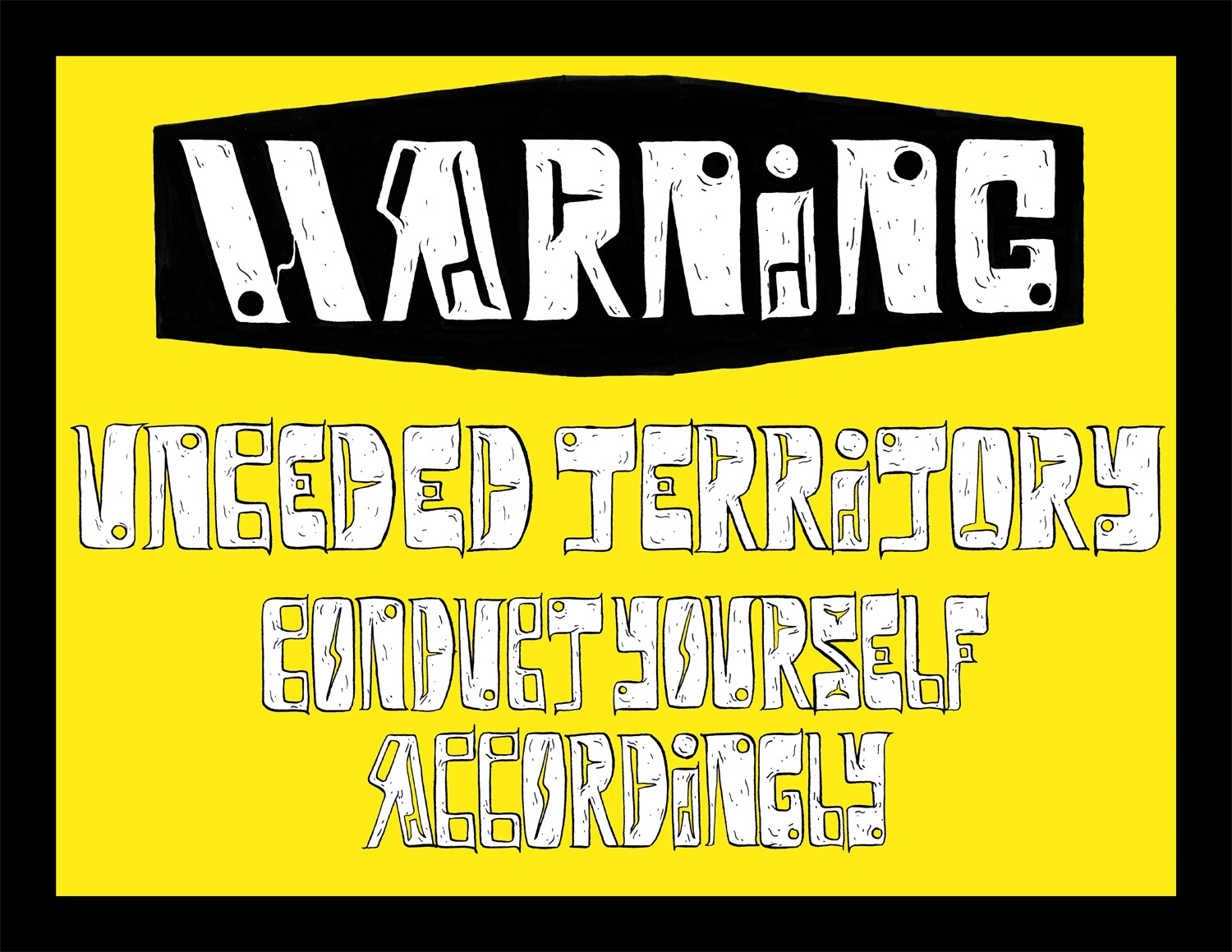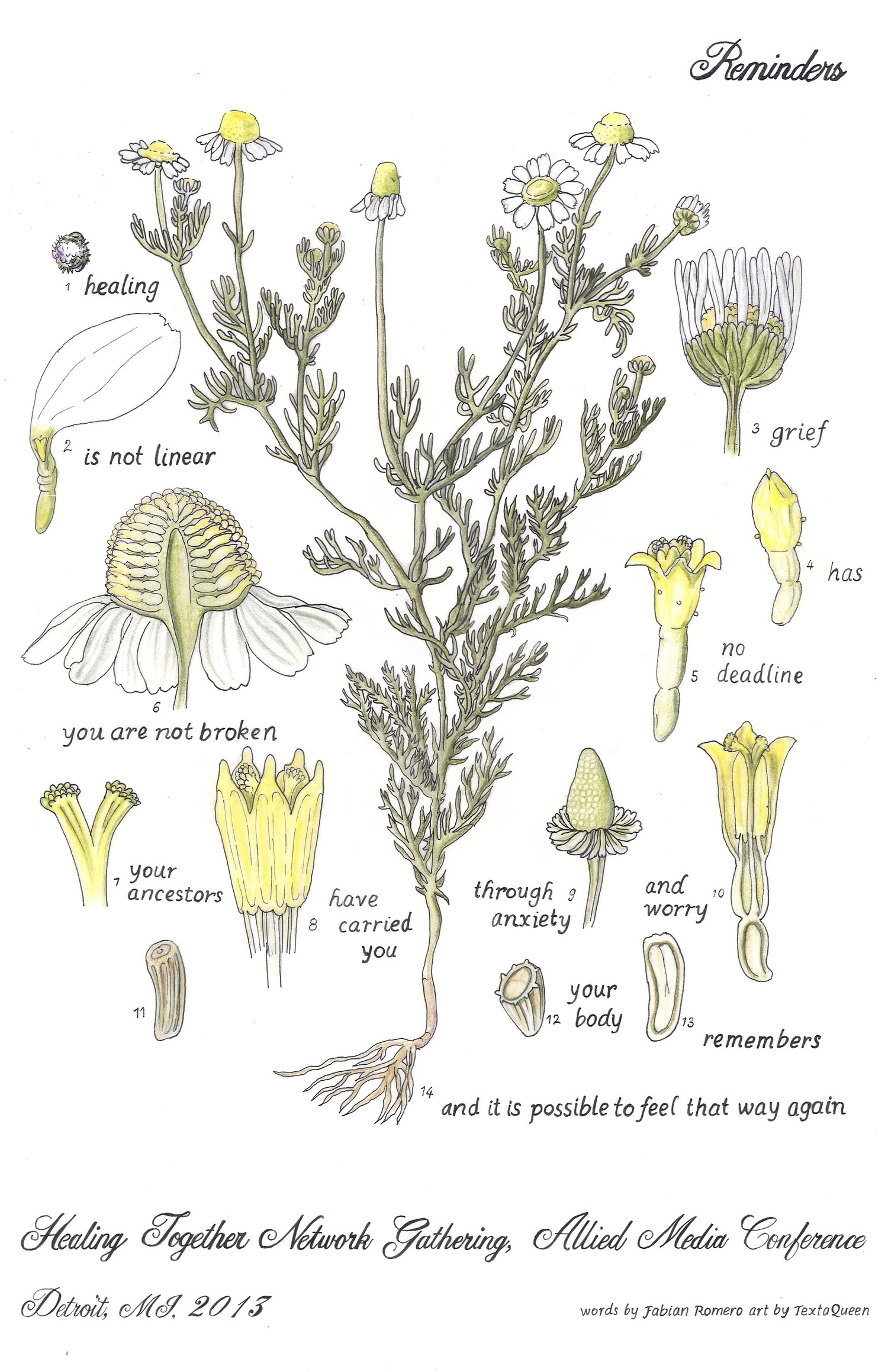Conversation with 2018 R.I.S.E. Fellowship recipients Katherine Paul, Whess Harman and fabian romero
R.I.S.E. congratulates the phenomenal and empowering work of the R.I.S.E. Artist + Poet 2018 Fellowship Recipients.
In this episode BBP sits down with R.I.S.E. founder/director Demian DinéYazhi´ to find out exactly what is was like to launch R.I.S.E. Fellowship, the first of its kind, which centers Indigenous Queer, Gender Gradient/Non-Conforming, Trans, and/or Two Spirit artists and poets. We talk about the many reasons for creating this fellowship through R.I.S.E. and go into the process of putting out the call, reviewing applicants, and creating long term community relationships with all artists and poets who applied, including but not limited to the recipients. We also get into conversation with R.I.S.E. Fellowship lead recipient artist Katherine Paul / Black Belt Eagle Scout (Swinomish Indian Tribal Community / Iñupiat NANA Shareholder), and additional R.I.S.E. Fellowship recipients Whess Harman (Lake Babine Nation) and fabian romero (Purepecha) who all share about their practices and explain what it means to them to have been selected as a 2018 R.I.S.E. Fellow.
Here is the conversation with R.I.S.E founder/director Demian DinéYazhi´, and 2018 fellows Katherine Paul, Whess Harman and fabian romero
This conversation was hosted by Ginger Dunnill of Broken Boxes Podcast
More about R.I.S.E.: Radical Indigenous Survivance & Empowerment and the 2018 R.I.S.E. Fellowship:
R.I.S.E.: Radical Indigenous Survivance & Empowerment is an Indigenous led artist/activist initiative amplifying Indigenous Queer, Trans, Gender Non-Conforming/Gradient, Two-Spirit, and Matriarchal voices that challenge and actively decolonize heteropatriarchal and settler colonial sociopolitical structures.
For its inaugural fellowship, R.I.S.E. is honored to celebrate the critical work of three Indigenous Queer, Gender Gradient/Non-Conforming, Trans, and/or Two-Spirit artists. The award of a $1,000 unrestricted Artist Fellowship is presented to R.I.S.E. Fellowship lead recipient artist Katherine Paul / Black Belt Eagle Scout (Swinomish Indian Tribal Community / Iñupiat NANA Shareholder), and thanks to a generous donation, R.I.S.E. is also able to offer two additional $500 fellowships recognizing the invaluable work of Whess Harman (Lake Babine Nation) and fabian romero (Purepecha).
This year, our artistic panel of three Indigenous artists and organizers gathered to carefully select the 2018 Fellows, facilitated by R.I.S.E. founder/director Demian DinéYazhi´: Hank Cooper (Arts Program Manager at Daybreak Star Indian Cultural Center), Kevin Holden (artist and co-director of LOCUSTS zine), and Ginger Dunnill (founder of Broken Boxes Podcast, founding member of Winter Count Collective, and Indigenous Goddess Gang and Dear Patriarchy contributor).
On behalf of the judges, R.I.S.E. congratulates the rigorous, crucial, and compelling work of the R.I.S.E. Fellowship Recipients who exemplified all the criteria and objectives highlighted in the Fellowship. R.I.S.E. would like to thank the all the applicants who applied to this year's Fellowship and additionally honor all the time and energy put into their application, but more importantly the passion and dedication each artist and poet brings to their art and community. We would like to also address three honorable mentions for this year's cycle: Cleo Keahna (White Earth Ojibwe, Meskwaki, Blackfeet, Sioux), AuMAR (Edo (Nigeria) & Bassa (Cameroun)), and Dåkot-ta Alcantara-Camacho (Matao). We encourage all applicants to apply to next year's Fellowship and invite you to join us in celebrating this year's Fellows and the numerous applicants whose work is equally empowering and of critical importance!
2018 R.I.S.E. FELLOWS
R.I.S.E. Fellowship Lead Recipient Artist:
Katherine Paul/Black Belt Eagle Scout
Black Belt Eagle Scout/ Katherine Paul Image credit: Indira Valey, Tender Heart Productions
“Having this identity—radical indigenous queer feminist—keeps me going. My music and my identity come from the same foundation of being a Native woman.”
R.I.S.E. Fellowship Additional Recipient Artists:
Whess Harman and fabian romero
Whess Harman
Photo credit: Bailee Johnson
Whess Harman is a mixed-race, trans/non-binary artist, born in prince rupert, BC in 1990 and is a member of the Lake Babine Nation. Their work uses multi-media strategies in print, text and illustration to address issues of representation and memory. Whess completed a BFA at emily carr university in 2014 and have attended residencies at the banff art centre and the plug-in institute of contemporary art.
Warning Whess Harman, 2016
fabian romero
Photo credit: Eric Morales
fabian romero (Purepécha) is a two-spirit poet, filmmaker, artist and P.h.D. student in Gender, Women & Sexuality Studies at the University of Washington. fabian’s academic and artistic interests integrate settler colonialism, performance, Latin American, race and gender studies with storytelling and poetry. Public Scholarship and Chicana studies also inform their work. Their work centers Purépecha people from Michoacán, Mexico to Seattle, Washington and beyond.
My performance art, poetry and experimental film/digital poetry engages the topics of race, indigeneity, gender, sexuality, nationalism, and borders. I am interested in creating work that speaks back to the archive- a western concept of legitimate knowledge and something constructed from the destruction of many Native peoples teachings. In an attempt to disrupt the normalization of settler colonialism I write about the experiences and stories that exist outside of the imaginary of the settler such as the reality that urban and Native people in diaspora exist. My work refuses to forget the circumstances that brought us to the ahistorical settler present that treats the past is a blank slate to be rewritten and retold to benefit the settler.
fabianromero.com
Reminders Words by Fabian Romero, Illustration by TextaQueen 2013

















